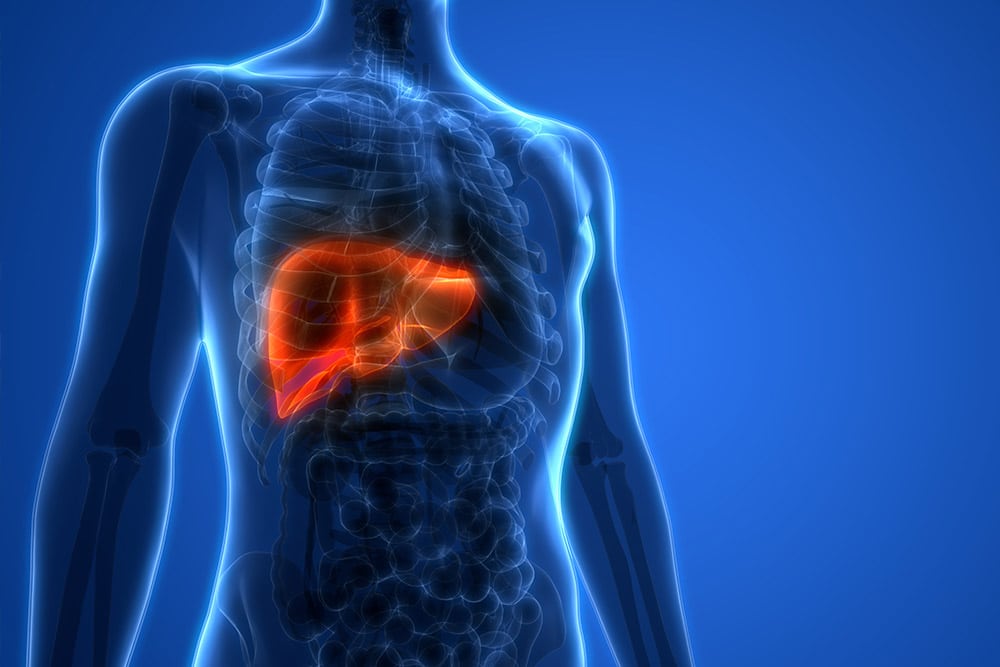When’s the last time you sat in the comfort of your own home and thought to yourself…
Is what I have in here a health hazard?
My guess is probably… NEVER!
But unfortunately, there’s some truth to all of that.
Because scientists have unearthed a unique type of chemical – potentially found in many of your household items RIGHT NOW – that can lead to long-term health problems.
Including LIVER DAMAGE.
Here’s everything you need to know – and why it’s not a reason to panic.
Liver Damage Cause by These Household ‘Forever Chemicals’?
They’re called per and polyfluoroalkyl substances (PFAS) – manmade substances manufacturers use in all sorts of consumer and industrial products.
These substances are more commonly referred to as ‘forever chemicals’ because they break down very slowly, leak into the environment, and can contaminate your body’s tissues…
And a new study confirms that potentially includes your LIVER!
According to the study published in the journal Environmental Health Perspectives, researchers discovered elevated levels of alanine aminotransferase (ALT) in subjects exposed to PFAS. ALT is a liver enzyme and a marker for liver damage when levels are high.
The study also found that humans (and animals) had higher levels of ALT in their blood after prolonged exposure to three of the most common PFAS:
- Perfluorooctanoic acid (PFOA)
- Perfluorooctane sulfonate (PFOS)
- Perfluorononanoic acid (PFNA)
So, what’s the solution to avoiding these ‘forever chemicals?’
Unfortunately, sometimes there’s just no avoiding them. You see, these substances can be found in common household items like non-stick cookware, stain-resistant carpeting and furniture, and even waterproof clothing
But the good news is, there are plenty of natural, chemical-free alternatives you can use in your home that are free of PFAS.
For instance, instead of non-stick cooking spray, use cooking oils like olive oil to prep your pans.
The single best thing you can do to avoid PFAS is to read product labels – especially on items that are considered non-stick, or waterproof.
More research continues to be done on PFAS and how they affect your body… and we will be sure to report on any new findings related to PFAS as they come out.

